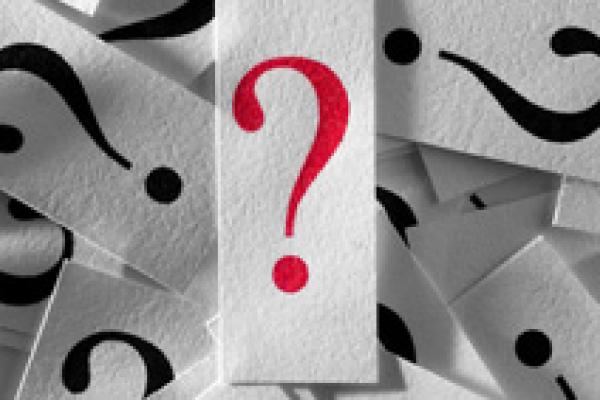
Natural frequencies and music
In the first of two articles, David Henwood discusses the vibrations that can be harnessed by musical instrument makers.






Sir Walter Raleigh is perhaps best known for laying down his cloak in the mud for Queen Elizabeth I. But, he also started a mathematical quest which to this day remains unsolved.



